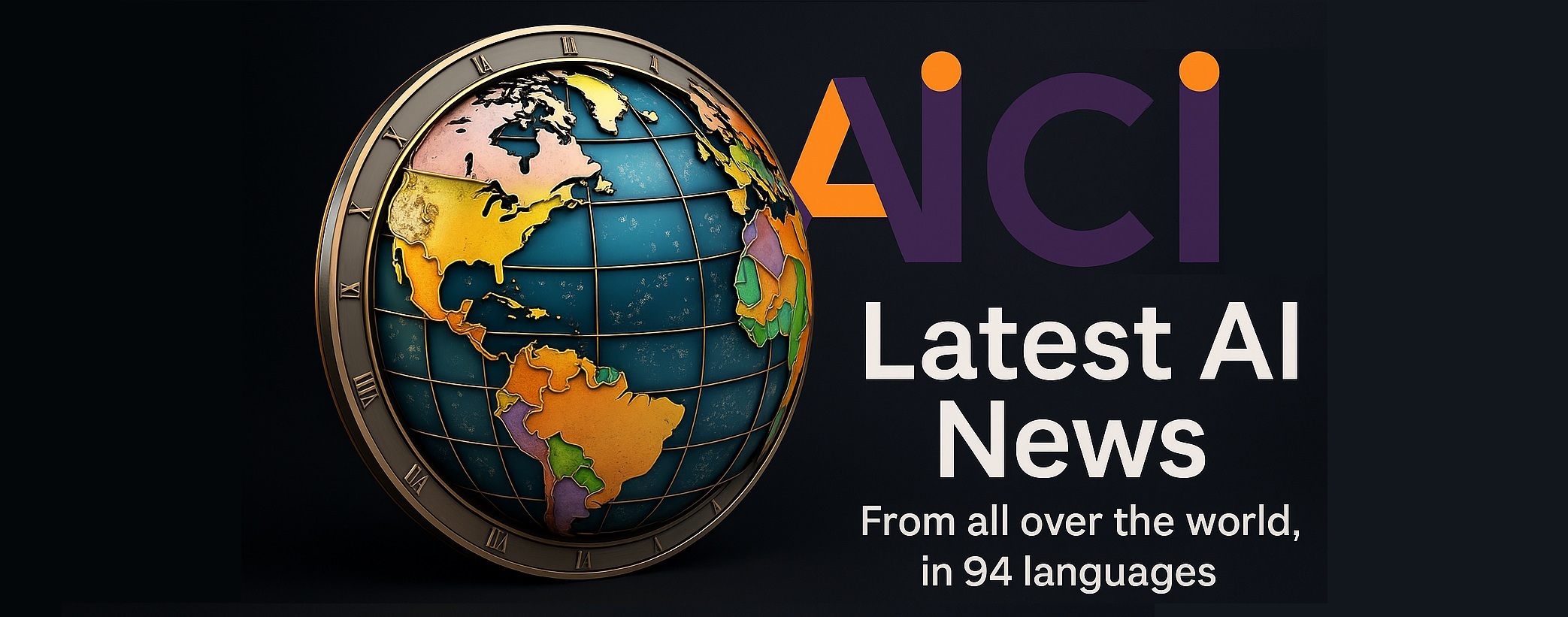July 21, 2025 - Artificial intelligence is transforming healthcare through improved diagnostic accuracy and accelerated drug discovery, according to recent expert discussions. AI systems now outperform human doctors in complex disease diagnosis, while machine learning algorithms streamline clinical trial management and patient enrollment. These advancements are reshaping both clinical workflows and pharmaceutical research.
Amgen's Khosla highlighted AI's role in enhancing protein-based drug design and regulatory compliance during a panel discussion. Kyle Berkman, Director at Intrepid Investment Bankers, noted that AI-powered customer service tools are freeing medical professionals from administrative tasks, allowing greater focus on patient care. Meanwhile, Yesil Science reported AI systems now assist pathologists in analyzing skin cancer tissue samples with greater precision.
These developments reflect a broader shift toward personalized medicine, where AI enables tailored treatment approaches by analyzing vast genetic and clinical datasets. The integration of AI into electronic health records (EHRs) also addresses long-standing challenges in diagnostic accuracy, though implementation requires careful handling of patient data privacy.
Our view: The healthcare sector's AI adoption exemplifies responsible innovation when properly managed. While the potential for improved patient outcomes is immense, success hinges on maintaining human oversight and addressing algorithmic bias. As AI becomes more embedded in clinical decision-making, transparent validation processes and continuous monitoring will be essential to maintaining public trust.

Be the first to comment!